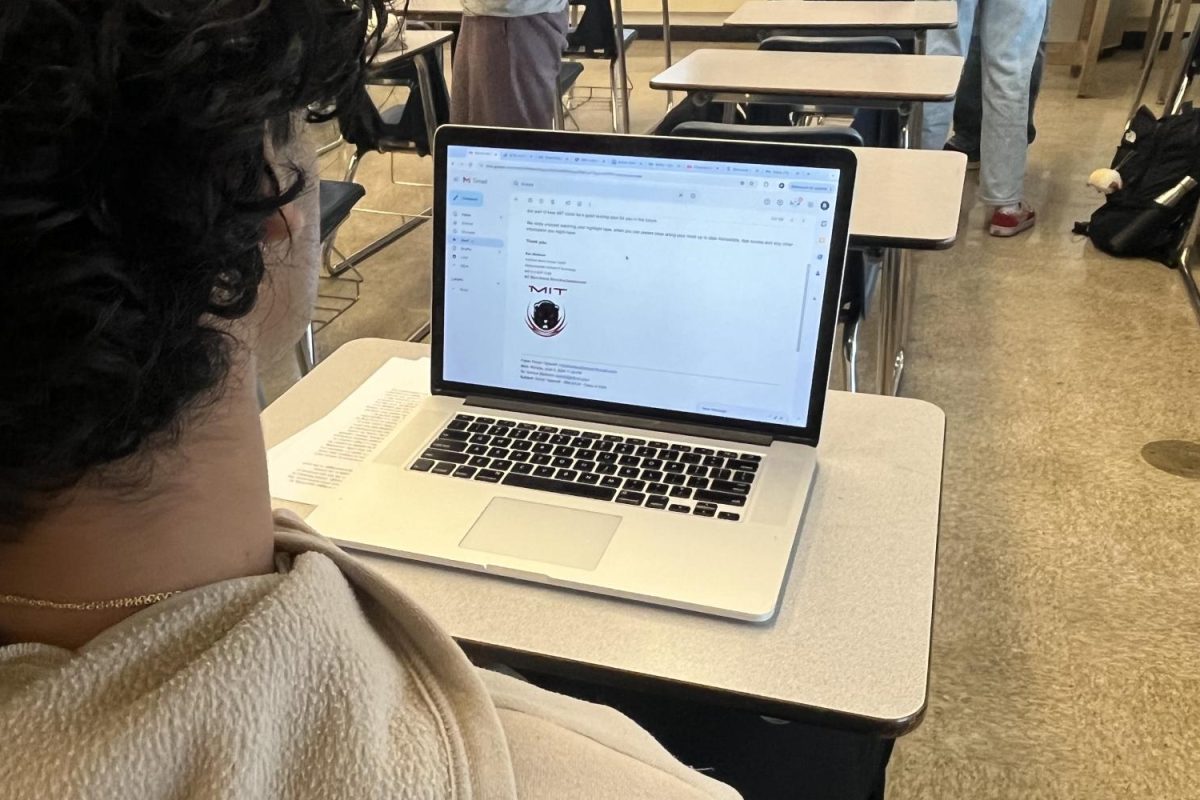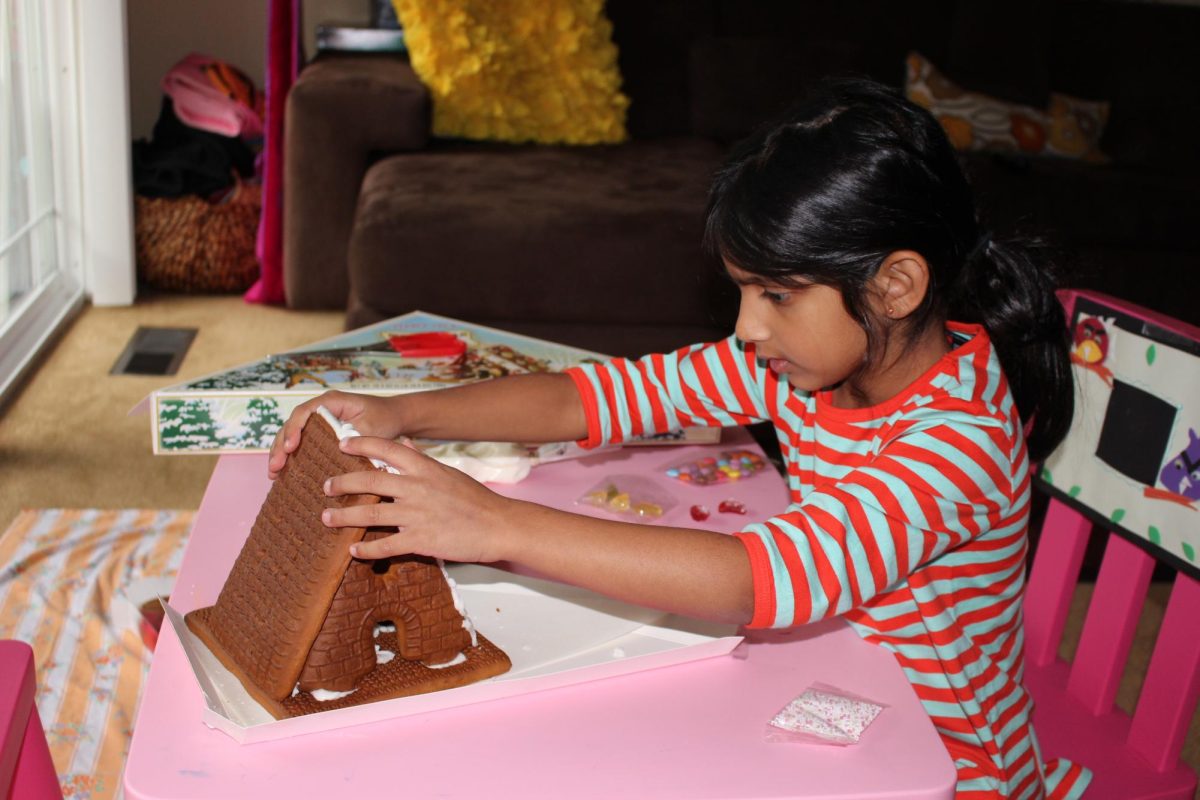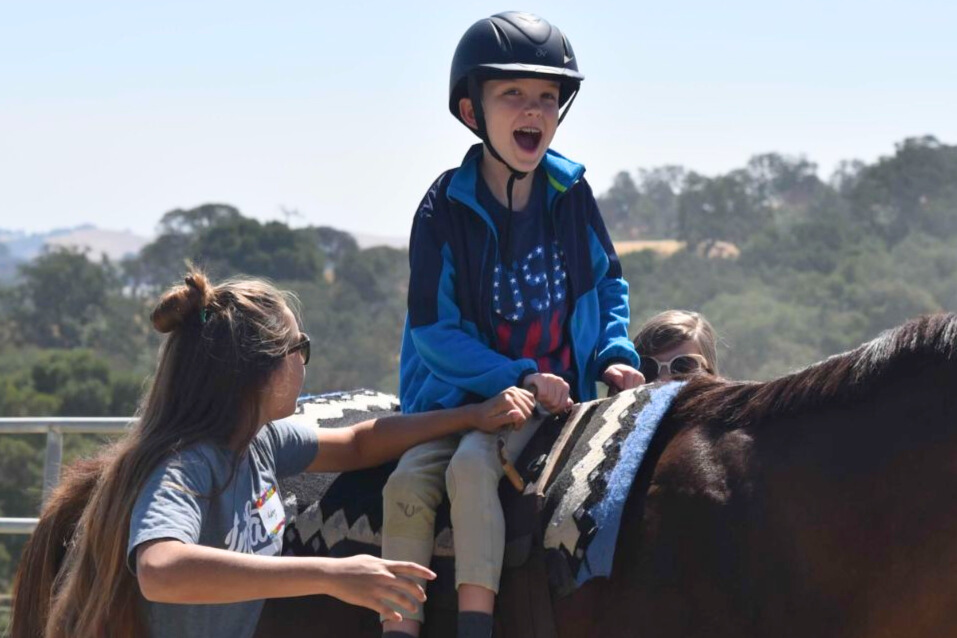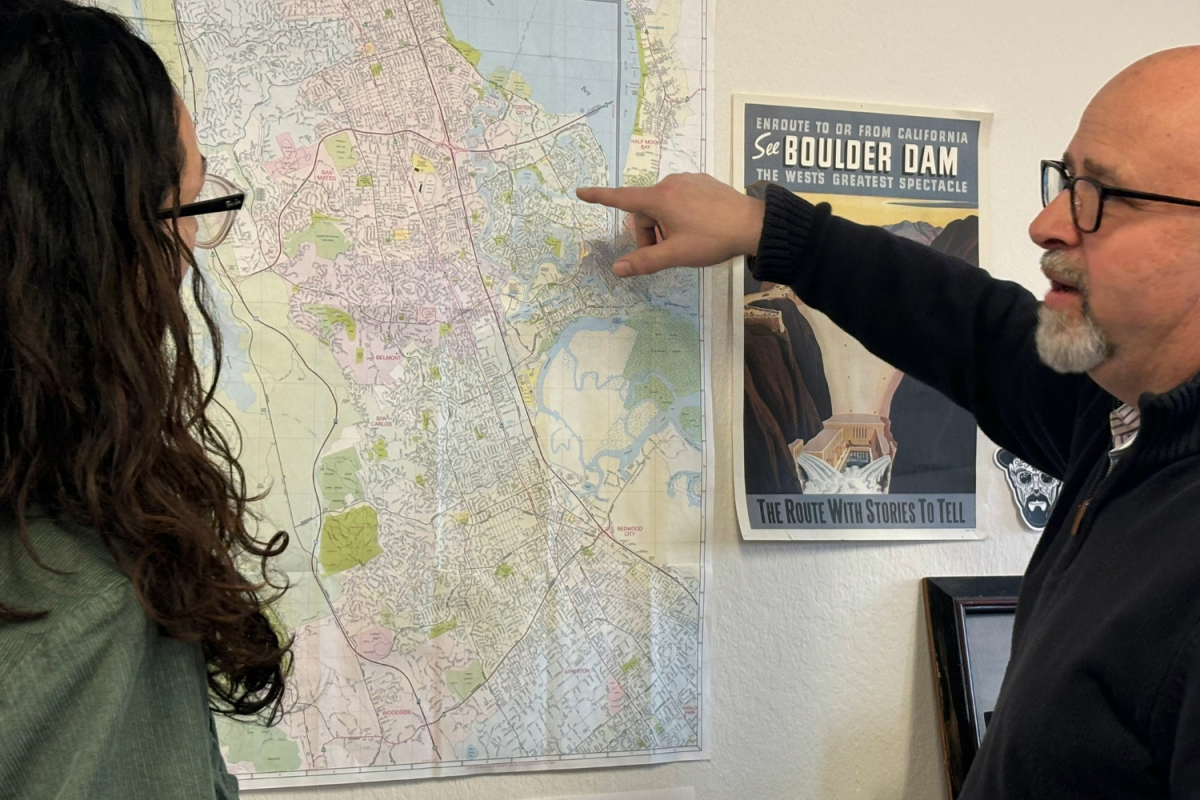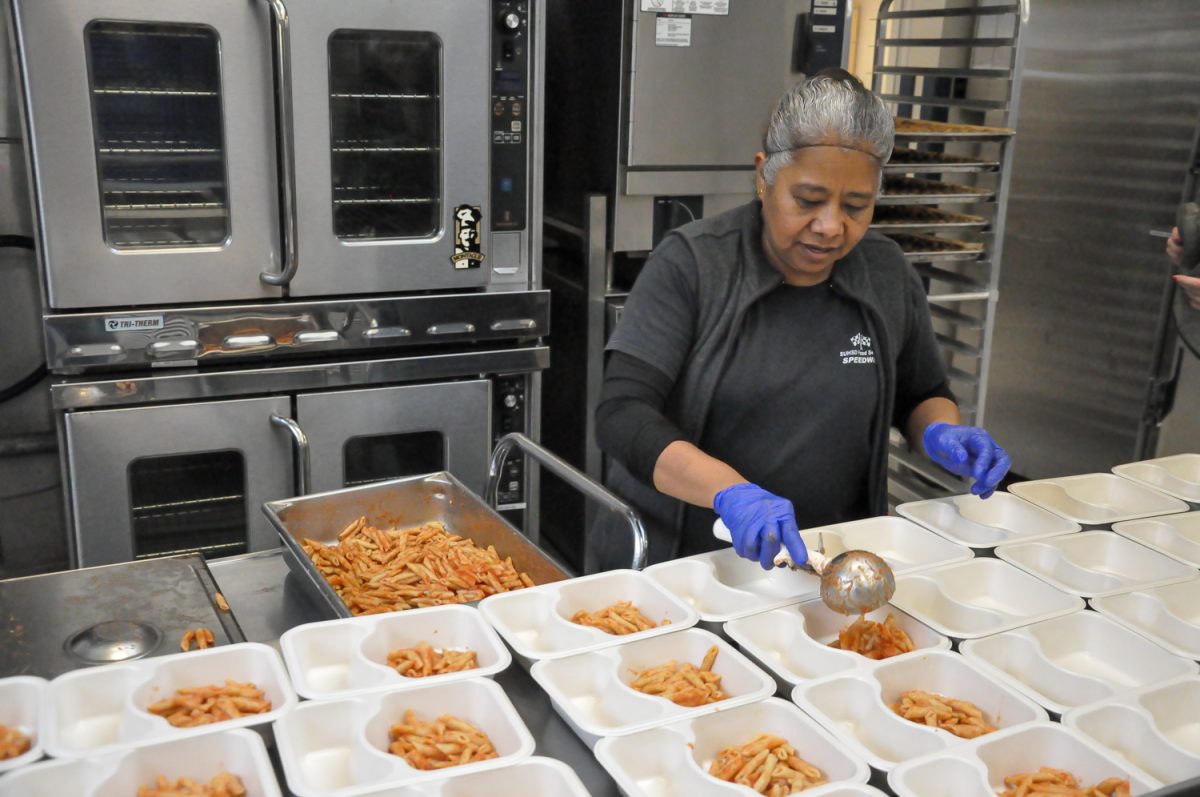Being a teen parent is no easy feat; it can be difficult, especially if you don’t have the proper support or resources. But it isn’t always a bad thing. California’s Health Connected Sex Education talks about teen parenting and many other topics, which most high school students learn throughout their school years.
Students often think of sex education as a joke or consider it an easy class, but that isn’t the case from the educator’s perspective, who is impressed by the students’ prior knowledge.
“I do generally see students opening up so much throughout a couple of weeks,” said Natalie Phillips, a health educator at Health Connected. “The knowledge that [students] are already bringing into the space and times that they say things that I haven’t even considered before, I think, shows me how deeply many students do engage with the curriculum.”
According to the National Conference of State Legislatures, 30 states and Washington, D.C. require public schools to teach sex education, with 28 states and Washington, D.C. mandating both sex education and human immunodeficiency virus (HIV) education. Thirty-nine states and Washington D.C. require students to receive instruction about HIV.
According to the High School Youth Risk Behaviour Survey from 2019, 28.1% of California high school students have had sexual intercourse, and 38.4% in the United States.
“The number of high school students in California that are having sex is low compared to a significantly higher number of students in other states around the U.S. Even though we have laws and mandates that say all middle school and high school students have to have comprehensive sex ed… California students are actually having less sex than students in other states,” said Perryn Reis, the associate director of Health Connected.
Most think sex education is vital in schools, but some believe it needs improvements. Educators in sex education feel that there is not enough time to teach thoroughly. While Teen Talk covers as many topics as they can in the time given, there are limitations to what information they are allowed to provide.
“We can give medically accurate information, but we can’t pass on the family values or some of the other things that come from their families or give medical advice because that has to come from a trusted source like a pediatrician,” Reis said.
Kathleen Richardson is a full-time middle school history teacher at Taylor Middle School, so her students have had or are currently receiving Teen Talk. She has seen its effects and has some insight from when she taught marriage and family as a college sociology teacher in the past.
As a history teacher, the sex education curriculum is not part of her lesson plan, but she still thinks it’s essential for students.
“I understand that squeezing it into two weeks, twice in a kid’s lifetime, is not ideal, but I think it’s better than nothing. I don’t think that [the teachers] can afford to devote more time to it than that,” Richardson said.
Although sex education in schools has come so far, many improvements can be made. Sophomore Nathan Lorilla talked about his experience and what he thinks can be improved.
“[To improve, I would focus on] making the curriculum more interactive. When I was in seventh grade, I remember doing a hands-on learning activity on how to put a condom on; that was probably the only interactive thing we did,” Lorilla said.
The way that students learn is so different, and everyone has their own values on the topic. Students will always have a variety of ways to interpret and use the information they have learned.
“Everyone’s gonna have their own comfort level with the content and engage with it somewhat differently and take it into their own lives in different ways,” Phillips said.
Some parents have concerns about their children taking sex education and choose to opt them out. However, the number of parents who do so is low.
“We have about a 1.4% opt-out rate, 98.6% of parents had their kids participate. Sometimes [the reason parents opt out] is just that they don’t feel that their student is ready for it, or that student has experienced some trauma,” Reis said. “Sometimes that has to do with religious or cultural values around it, and they feel that that’s more of the parents’ place to educate [the student]. But the vast majority want their students to get this information.”
During Teen Talk, there is a student-guardian interview where the students ask their trusted adult questions about their experience with sex and sex education. The questions get progressively more challenging to answer.
“It allowed students to start a dialogue that they wouldn’t necessarily have started between parents and children. I think in the long run, that makes it more likely kids will go to their parents and ask them those difficult, tough questions,” Richardson said.
From a student’s perspective, Teen Talk achieved the goal of making students more comfortable with the topic.
“Teen Talk made me feel more comfortable talking about these topics because the program exposes me so much to the sex education topic that it doesn’t overwhelm me anymore,” Lorilla said.
In the past, sex education in schools wasn’t as thorough as it is now. Some schools only taught abstinence, others nothing at all, and most taught very little sex education.
Phillips talked about her experience with sex education when she was in school and how it has improved over the years.
“I didn’t just get abstinence-only, so I learned about different birth control methods. It was very reproduction-based; a lot about sexually transmitted infections (STIs), drug and alcohol education.”
But while Phillips noted some progress, she acknowledged that there is room for improvement in the system.
“We got hardly any LGBTQ-based education at all or education about identities that I can recall,” Phillips said. “I think those are the main things that I feel have developed a lot [over the years]. And information about healthy relationships, and specifically, more subtle signs of unhealthy abusive relationships.”
As sex education’s curriculum has made additions, students and parents have a preference on how they want to receive their information.
“I would rather talk about sex education through teen talk and school because I think it would be better to learn topics and information from trained professional educators and learn from an actual curriculum,” Lorilla said.

![Students learn about various topics during sex education besides just sex; the chalkboard includes some of these topics. “This is not just about sex. In fact, one of the things that we don't like is that it's called sex education, because then people just think, ‘Oh, it's just about sex.’ [...] I think then it just becomes almost stigmatized,” said Perryn Reis, the associate director of Health Connected.](https://scotscoop.com/wp-content/uploads/2021/12/20211129_192926-900x480.jpg)

